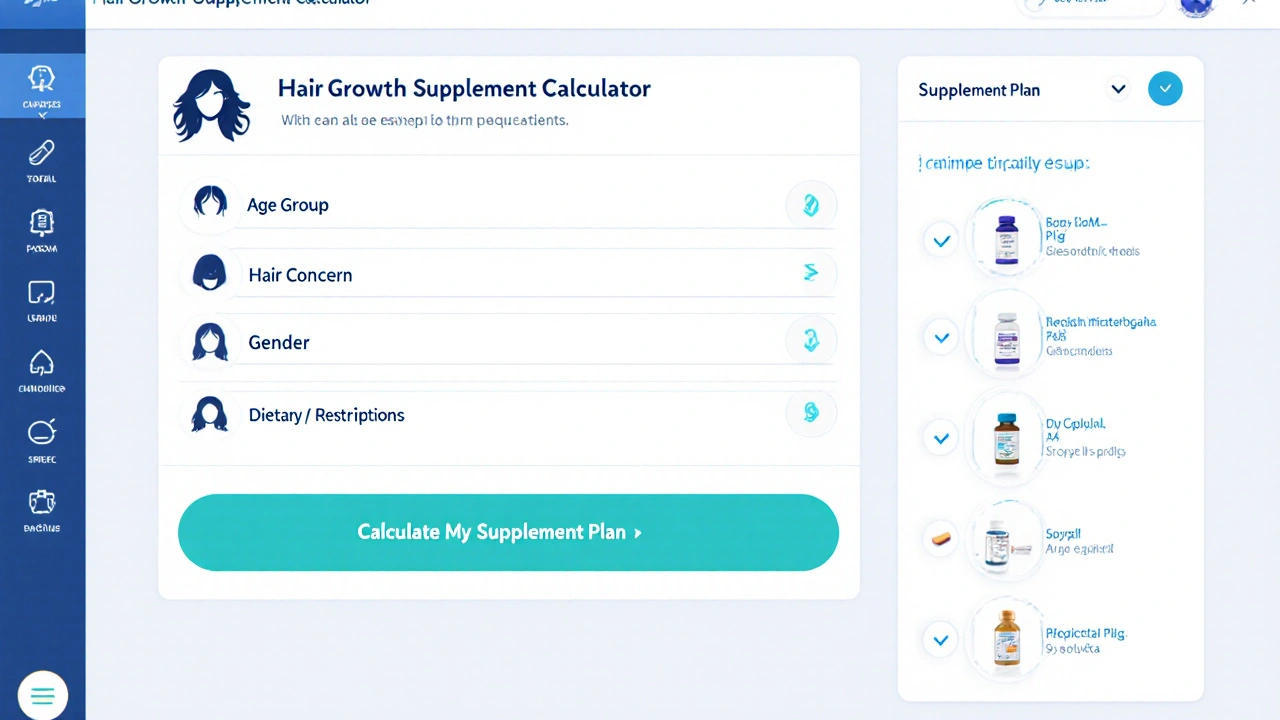Best Hair Vitamins: What Works and How to Choose
If you’re scrolling through endless product pages hoping for thicker, shinier hair, you’re not alone. Many people turn to vitamins because they’re easy to add to a daily routine and promise visible results. The truth is, not every supplement lives up to the hype. Below we break down the nutrients that actually help hair grow, what to look for on the label, and safe ways to test a new product.
Key Vitamins for Hair Growth
Biotin (Vitamin B7) is the most talked‑about hair vitamin. It assists the body in converting food into keratin, the protein that makes up each strand. Look for 5,000‑10,000 µg per serving and avoid mega‑doses unless a doctor advises otherwise.
Vitamin D supports hair follicle cycling. Low levels are linked to shedding, especially in winter months. A daily dose of 1,000‑2,000 IU is enough for most adults.
Zinc helps keep oil glands around the follicles working properly. Deficiency can cause brittle hair and slow growth. Choose a formula with 15‑30 mg of zinc (as zinc picolinate or gluconate) to stay within safe limits.
Iron is crucial for oxygen delivery to hair cells. Women are especially prone to iron‑deficiency hair loss. If you suspect low iron, a supplement with 18 mg of elemental iron plus vitamin C for better absorption is a good start.
Omega‑3 fatty acids (EPA/DHA) moisturize the scalp and reduce inflammation. Fish oil capsules delivering 1,000 mg of combined EPA/DHA per day are commonly used.
Choosing the Right Supplement
First, read the label. A quality hair vitamin should list the exact amount of each active ingredient, not just “a blend of B‑vitamins.” Avoid products that hide fillers like magnesium stearate or excessive sugar.
Second, consider your diet. If you already eat plenty of nuts, leafy greens, and fish, you may only need a targeted boost (like biotin or iron) rather than a full‑stack multivitamin.
Third, watch for potential interactions. Biotin can interfere with lab tests for thyroid or hormone levels, so let your doctor know if you start a high‑dose supplement.
Finally, test it out safely. Start with the recommended dose for two weeks and track any changes in shedding, texture, or scalp health. If you notice side effects—such as stomach upset from iron or a rash from fish oil—pause and consult a healthcare professional.
In short, the best hair vitamins combine biotin, vitamin D, zinc, iron, and omega‑3 in sensible amounts. Choose a reputable brand, match the formula to your nutritional gaps, and give it a few weeks before judging results. With the right approach, a simple daily pill can become a solid part of your hair‑care routine.

Top Hair Growth Vitamins & Supplements for Thicker Hair in 2025
Discover the most effective vitamins and supplements for hair growth in 2025, with evidence‑backed rankings, dosage tips, safety advice, and a clear buying guide.